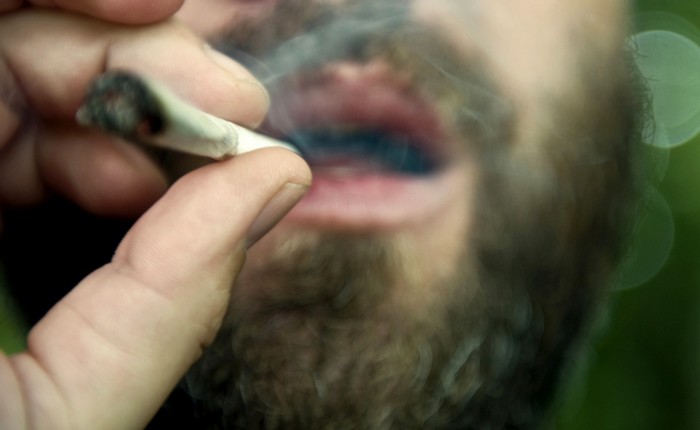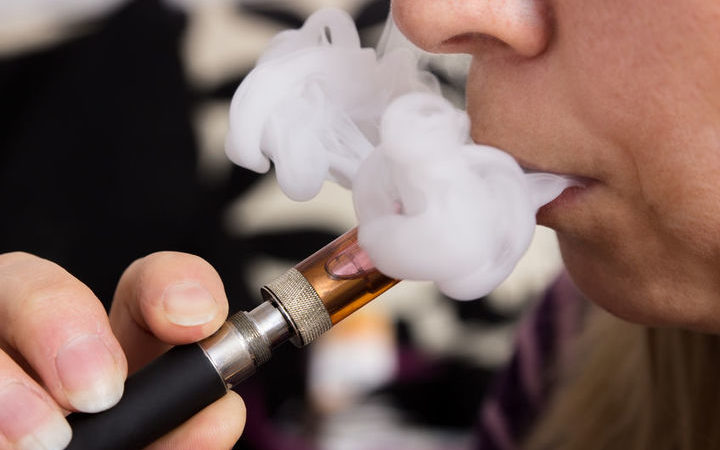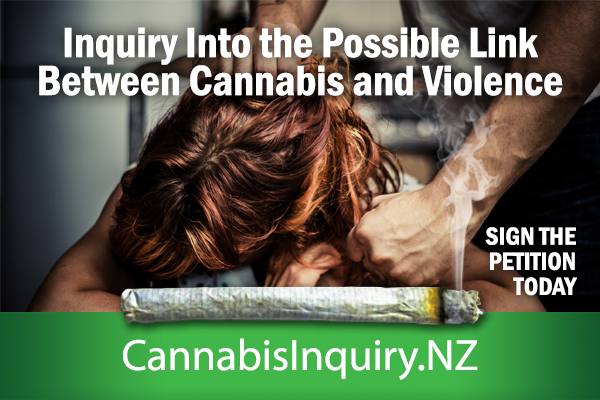
Media Release 8 June 2020
A large study just published by a team from Montreal University in Canada has found that people who regularly smoke cannabis are almost three times more likely to commit a violent offence as those who abstain from the drug.
The paper entitled “Association Between the Use of Cannabis and Physical Violence in Youths: A Meta-Analytical Investigation” and published in the American Psychiatric Association’s (APA) American Journal of Psychiatry did a meta-analysis of 30 studies which covered 296,815 people up to the age of 30.
The study found that over time, prolonged cannabis use profoundly alters the brain, making the user less able to control their temper, and that addicts may also suffer from withdrawal symptoms, making them irritable and prone to lashing out. Psychiatrist Professor Sir Robin Murray, a world-leading expert on the neurological impact of the drug, was quoted in the media saying that the link between cannabis use and violence was a ‘neglected area’.
The researchers say that while ‘the [scientific] literature has shown that cannabis use may lead to violent behaviours and aggression; however, this association has been inconsistent’ – with some studies showing a relationship and others not – their meta-analysis found users were more than twice as likely (2.15 times) to have committed a violent offence as non-users. Among ‘persistent heavy users’, the risk of violence was 2.81 times higher.
This follows a study published just last month in the journal JAMA Psychiatry which found that the use of high-potency cannabis was associated with a significant increase in the frequency of cannabis use, likelihood of cannabis problems, and likelihood of anxiety disorder. In addition, high-potency weed users are more likely to use weed at least once a week, twice as likely to have used illicit drugs within the past 12 months, and more than three times as likely to be tobacco smokers. Significantly, the study defined high potency as “typically ≥10% THC”. According to the proposed New Zealand legislation, THC levels (the psychoactive chemical in cannabis) are initially set at 15% THC for smoking.
“This latest study simply reinforces what we already know. Today’s cannabis is a significantly harder more potent drug causing greater harms than the pot of the 90’s or earlier. The use of cannabis is associated with increased risks of a number of adverse outcomes including educational delay, welfare dependence, increased risks of psychotic symptoms, major depression, increased risks of motor vehicle accidents, increased risks of tobacco use, increased risks of other illicit drug use, and respiratory impairment,” says spokesperson Aaron Ironside.
“At a time when New Zealand’s mental health system is bursting at the seams, why would we go and legitimise a mind-altering product which will simply add to social harm?”
ENDS

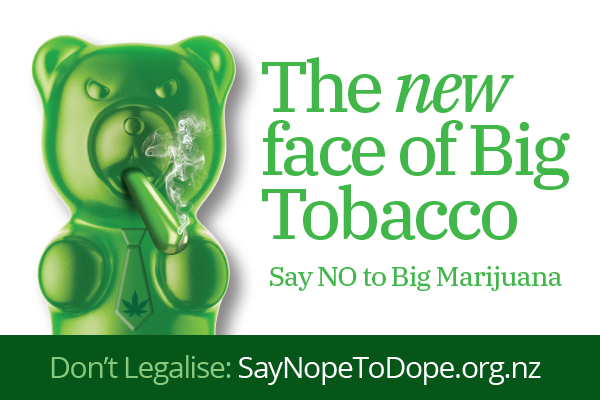
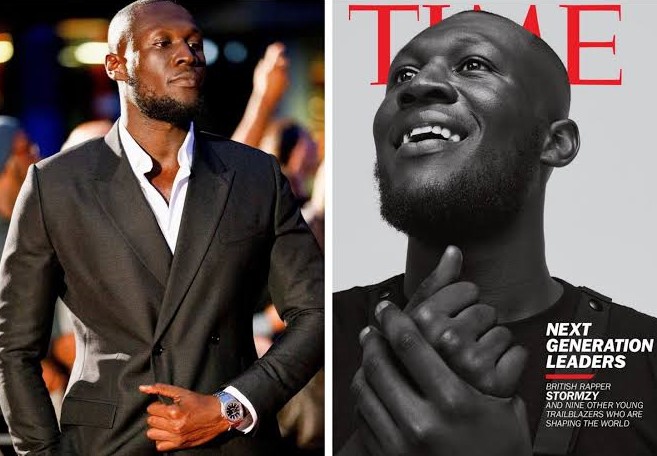



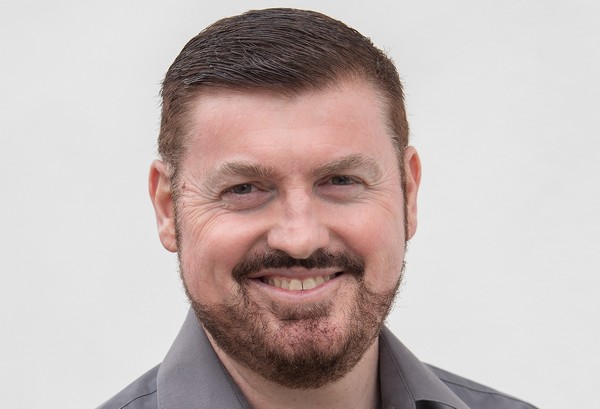
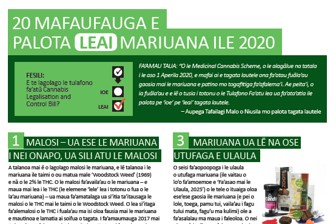
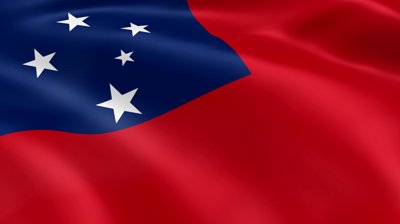
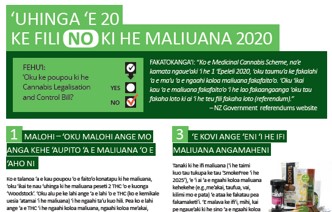
 To our Tongan supporters and friends:
To our Tongan supporters and friends: